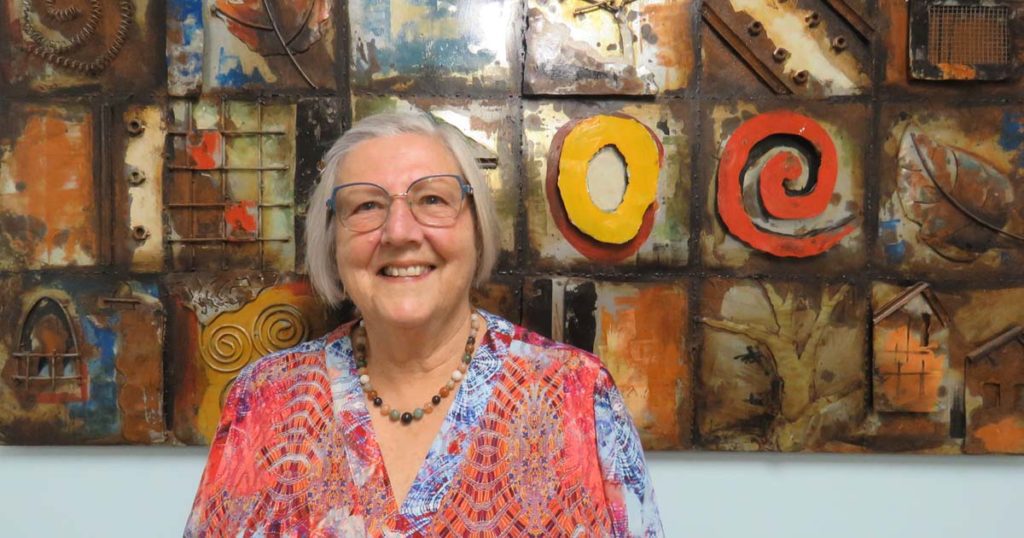4 MINUTE READ
by Emily Friedel
Dr Liz Kirby graduated with a PhD through the University of Sydney’s Business School at the age of 93 in 2014. She turned 100 last year. Then in 2019, Dr David Bottomley took the title of Australia’s oldest PhD graduate at 94 years old. These two nonagenarians showed that it’s never too late when it comes to education. And by engaging in academic challenges despite advanced age, they may have provided their brains with some protection against the ravages of time.
In 1997, epidemiologist David Snowden published a case study describing the brain of a dead 101-year-old nun, Sister Mary of the School Sisters of Notre Dame in America. Sister Mary’s brain bore extensive hallmarks of Alzheimer’s disease: neurofibrillary tangles and senile plaques. This is not a surprising find in the brain of a woman who lived for more than a century. What is surprising is that Sister Mary’s cognitive function test scores were high right up until her death. That is, despite having a brain that looked in pretty bad shape, Sister Mary was still sharp.
Sister Mary was one of 678 nuns who participated in The Nun Study, a longitudinal study that spanned 25 years and is now being revived by a new team of researchers. The nuns of the School Sisters of Notre Dame were chosen for the study because of their generally long lifespans and lower rates of dementia. Sister Mary exemplified these qualities. Snowden suggested that her intellectually active lifestyle allowed her to enter old age with superior cognitive abilities, buffering the damage done by tangles and plaques. Sister Mary retired as a schoolteacher at 87, but she continued to deliver lessons to other nuns in the convent until she passed away. Snowden held her up as an inspiring example, saying, “cognitive impairment is not an inevitable consequence of aging and disease.”
A growing body of evidence supports the idea that leading an intellectually challenging life may allow us to hold onto mental acuity through old age. Regularly putting on the old thinking cap as we grow older may keep the brain ‘fit’, just as regular exercise does for the body. A 2015 review published in BMJ Open found that continuing formal education (or leisure activities mimicking formal education) was associated with improved cognitive function and lower incidence of dementia in adults 45 years or older.
The underlying mechanism of this association may be the enhanced cognitive reserve built up through mature-aged learning. Cognitive reserve is the brain’s ability to improvise and find an alternative method of getting a task done. And an Australian study has found a causal link between education and cognitive reserve in older adults. In 2016, the Tasmanian Healthy Brain Project reported some intriguing findings in Neuropsychology. Their research demonstrated that going to university significantly increased cognitive reserves in healthy adults between 50 and 79 years old.
Perhaps, as Snowden suggested, Sister Mary’s mental acuity was so well preserved despite her brain lesions because she had kept her brain active throughout her long life, building up her cognitive reserves. Perhaps Dr Kirby and Dr Bottomley were able to complete their doctorates at such an old age because they had built up their cognitive reserves – both have described living lives that could be characterised as intellectually stimulating. At the very least, it is likely that being (extremely) mature-aged students gave their cognitive reserves a good boost.
Dr Kirby and Dr Bottomley serve as exemplars of people who didn’t let age get in the way of their education. And while they show so strikingly that it’s never too late, research suggests that we should reframe our views on education. Maybe ‘the later, the better’ is more apt if you’re to reap the anti-aging benefits of learning.



